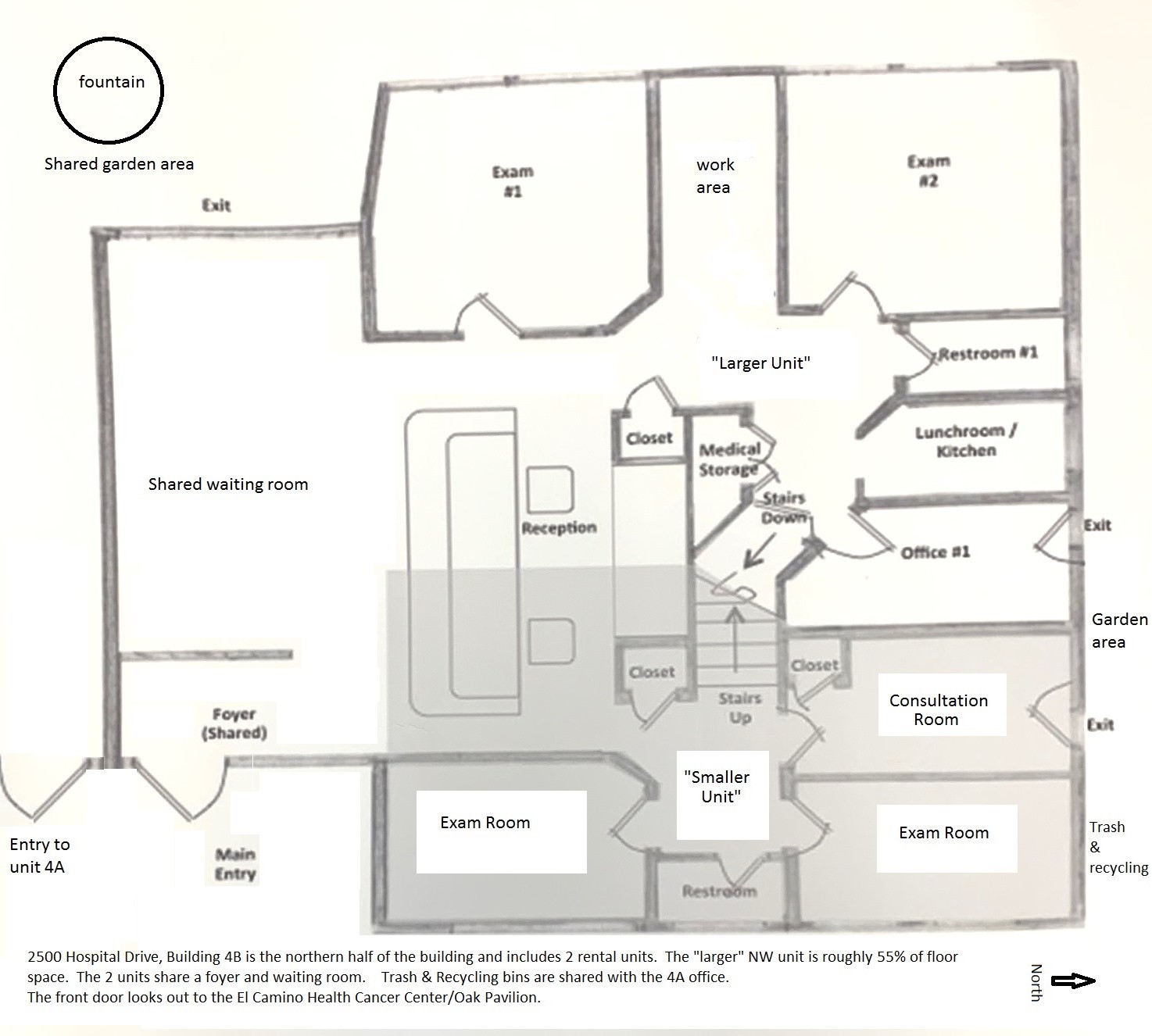
| Polyglot translation tool Using Google Translate for several languages at once . |
Try Polyglot |
see also https://polyglotte.am/ |
| Live translation is from one language to another | Live translation requires headsets (if they have enough for everyone) |
Hiring live translators is pricey |
|
|
|
Adapting Google Translate to accommodate multiple languages
– Introduction – live translation has been traditionally used for medical conferences in Armenia. While very effective, it is limited by requirement for a live translator, electronic equipment, overall cost and limited number of translated languages. Google translate is a free service and has good translation accuracy when simple sentences are translated. Back translation into the original language can quickly identify problem phrases where translation quality is poor. Translation into multiple languages is possible by entering simple commands into multiple cells of a spreadsheet.
– Methods – the simple phrase, =googletranslate(A2,"en", "fr") can be placed in any cell of a Google spreadsheet, and instructs the translation engine translate the contents of a different cell (in this case cell A2) from English into French. The translated cell, the original and the translated languages can be changed at will, and placed in as many cells as desired. For example, the phrase =googletranslate(A2,"hy","nl") would translate the contents of that cell from Armenian to Dutch.
The process takes place on the Google website. The translated phrases would be visible on a handheld device logged into that particular Google Sheet, or could be simply projected onto a screen for viewing by a room full of participants.
– Results - early versions of this experiment have worked well. Google sheets allows multiple tabs, allowing a particular learner to focus on a single language, with back translation into the original language so that any confusing translations can be quickly identified as erroneous. Entry of phrases to be translated can be performed through cut and paste, voice to text software such as Dragon, or by rapid typing. Translation occurs within a few seconds on the Google website, and is automatically updated on any device logged into that website.
– Conclusions – this adaptation of Google translate poses an inexpensive and ready solution to translation needs when multiple languages are needed. Development of the user interface may make this application more readily usable.
The link to this page is http://9amwc.org/polyglot
You probably will prefer the explanatory page below and the example of the online Polyglot Google Sheets document:
Link to more information:
https://amicnow.org/index.php/all-projects/all-projects/208-polyglot-translation-tool
or
https://amicnow.org/index.php/component/search/?searchword=polyglot&searchphrase=all&Itemid=101
Link to an example of the Polyglot sheet:
https://docs.google.com/spreadsheets/d/1eDToEG7fA7POh3GXHGV2na0bK9NvWTyoTVpZkb3GUdQ/edit#gid=0
The yellow button at the top of this page links to the same site.
Next steps will include improving the user interface:
- rapid selection of conference session, plenary, breakout etc.
- rapid entry of input and translation languages
- option to view a single language
See also https://polyglotte.am/
this is a more user-friendly version (click the Demo button at the top)
and you can choose your own languages for translation
Currently translates the source language into 3 languages.
9amwc.org
The 9am wakeup call
- Details

